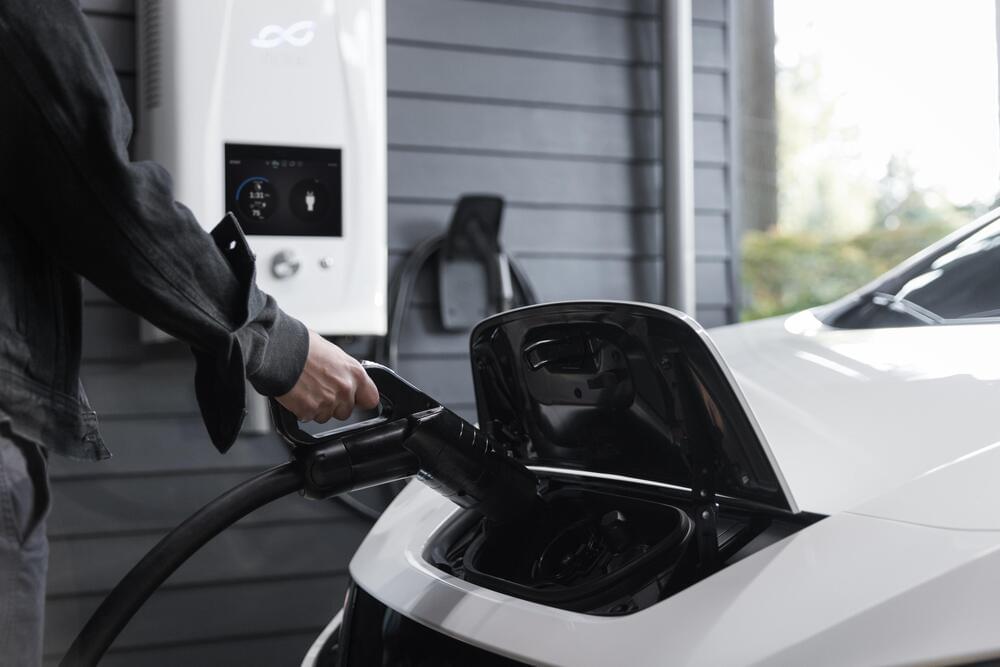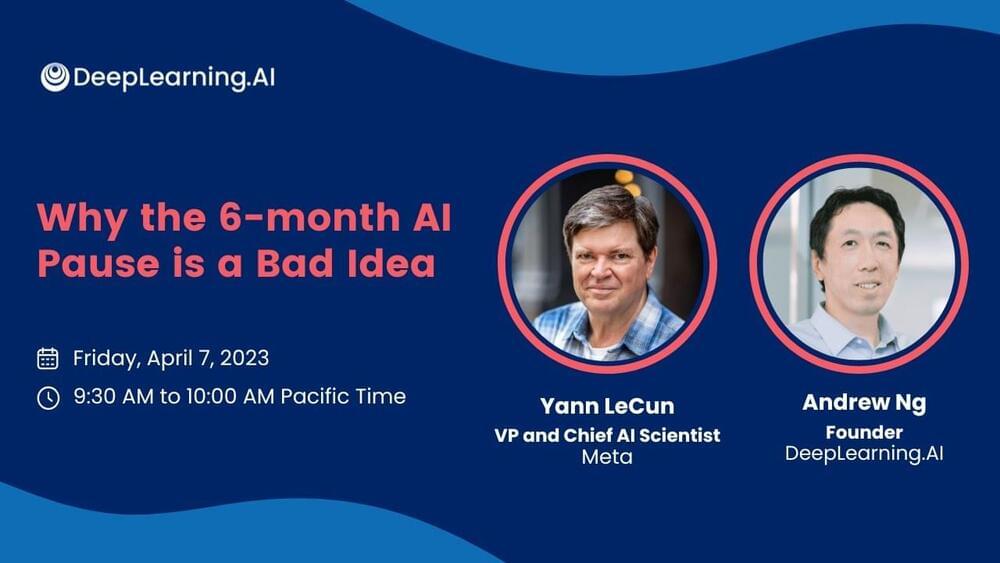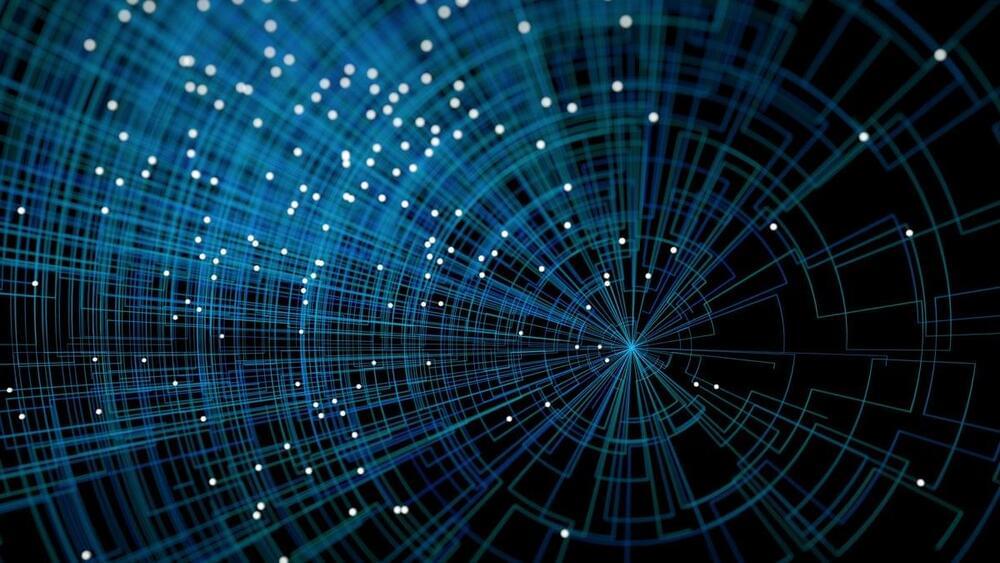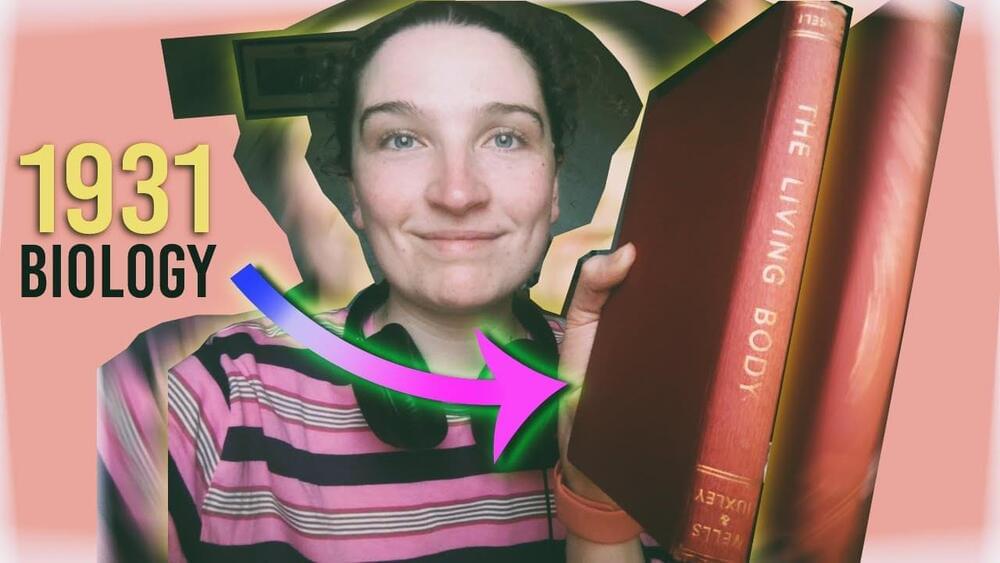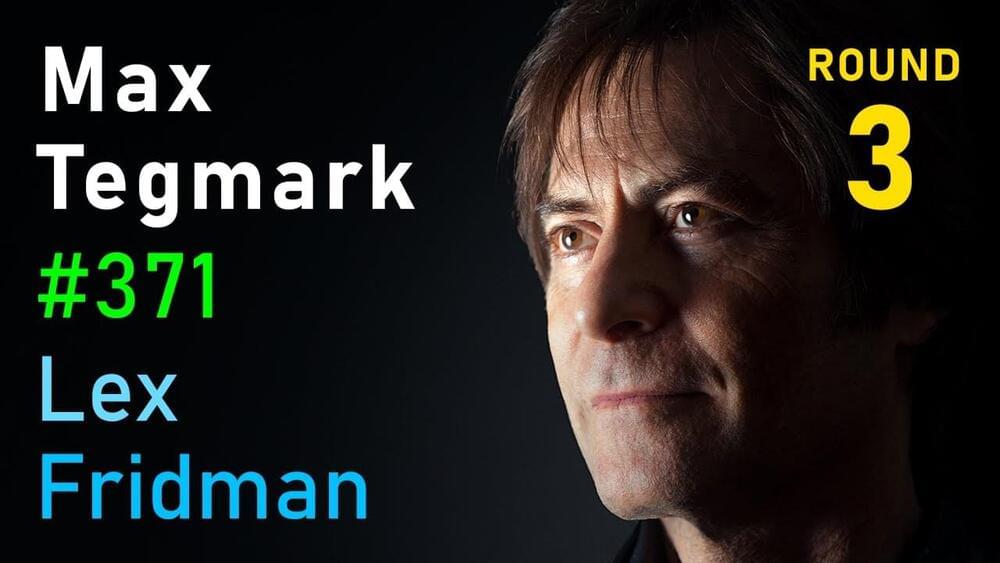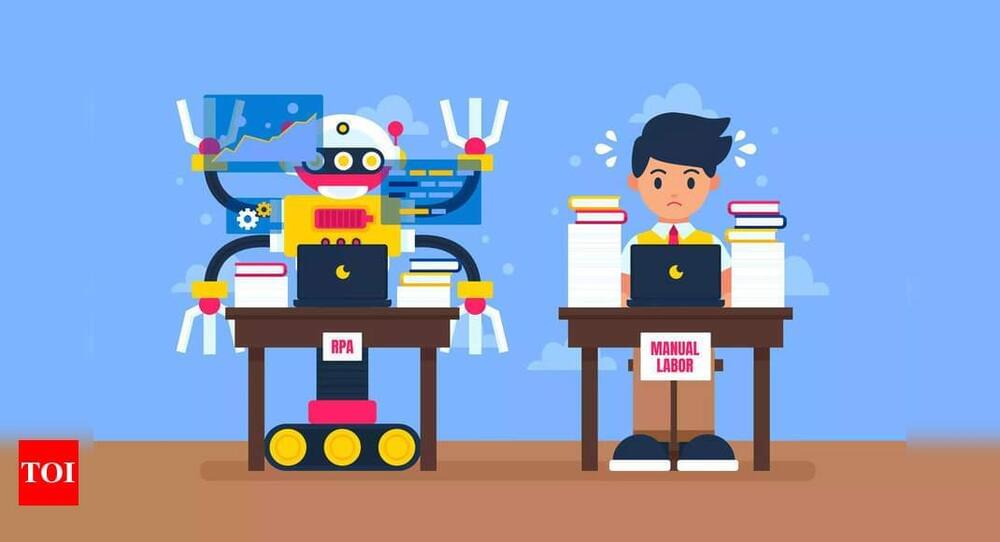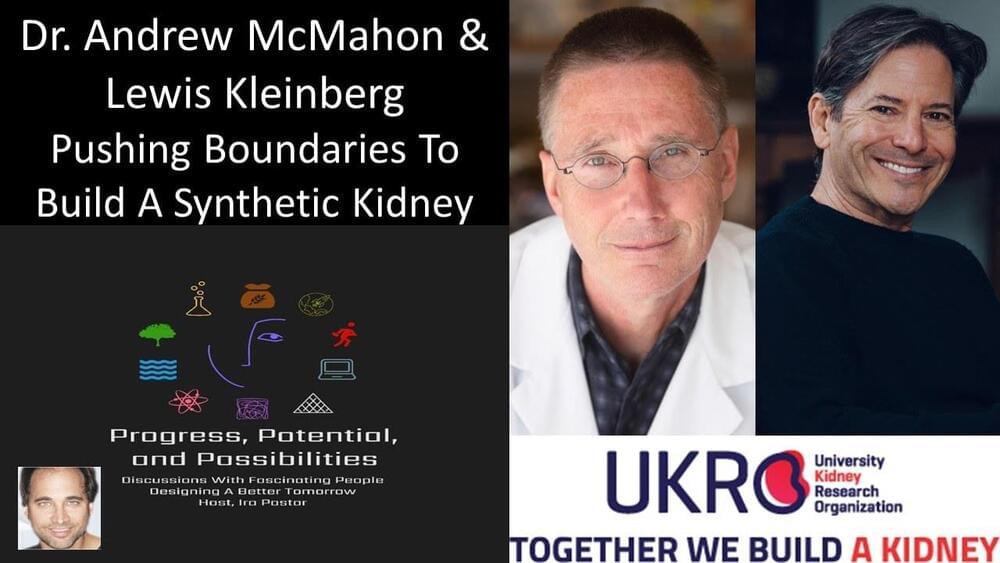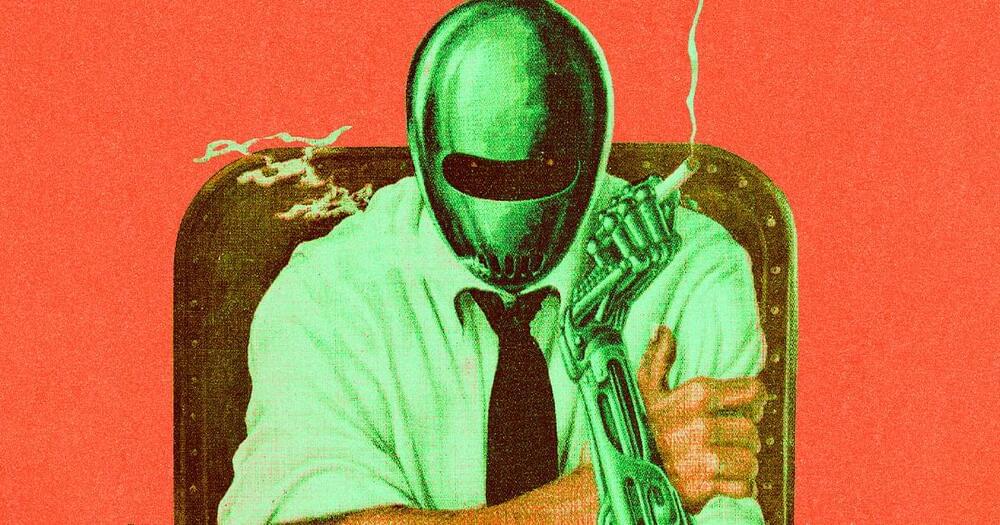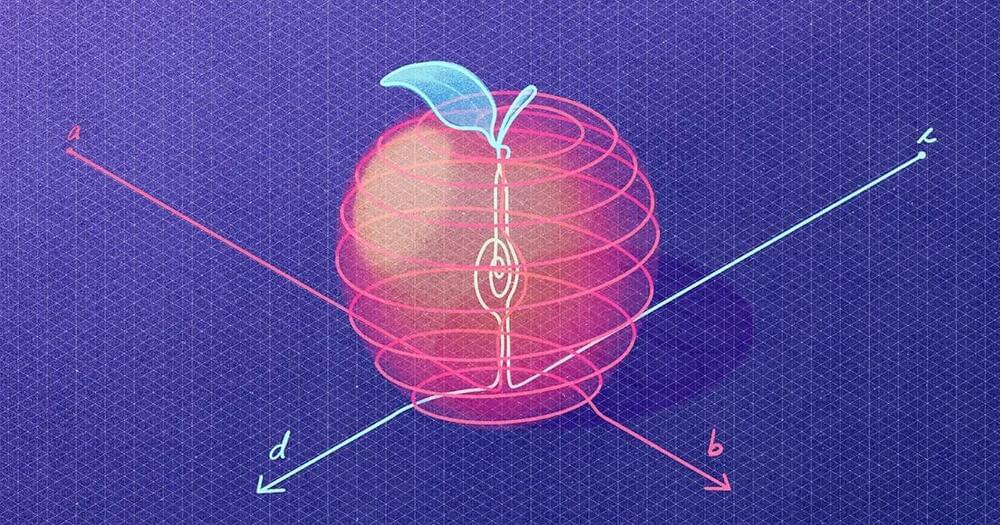To meet climate commitments, we need to use more batteries across many economic sectors. Battery analytics can help to remove risk and increase uptake.
Join us for a conversation with Andrew Ng and Yann LeCun as they discuss the proposal of a 6-month moratorium on generative AI.
We will be taking questions during the event. Please submit your question or upvote others’ here:
https://app.sli.do/event/9yGgPaweRK9Cbo8wsqV6oq/live/questions.
Speakers.
Yann LeCun, VP & Chief AI Scientist at Meta and Silver Professor at NYU
https://www.linkedin.com/in/yann-lecun/
Andrew Ng, Founder of DeepLearning. AI
https://www.linkedin.com/in/andrewyng/
Let us know how we’re doing? We will be giving out discount codes for a selected number of people who fill out the survey:
https://forms.gle/ArNXCmkZc6YwwyXD7
Looking to connect with your peer learners, share projects, and swap advice? Join our AI community:
What did scientists think about aging in 1931? That’s right. 1931. because that is the year the first biological textbook was published “The Science of Life”. I managed to get my hands on the first edition of this textbook. This was my face when i first received it. As you can see i was quite excited. And this textbook is made up of separate books. I bought book i last year and i read it. Having enjoyed it and discovered that it was part of this massive ensemble piece — well, i’ve read the first “book” — there are, if my roman numerals are correct, 9 books in total. And in this first book, penned “The Living Body”, the authors, most famously, H.G.Wells, Sir Julian Huxley and G.P.Wells, H.G’s son discusses the body as a machine and that.
“For the present it is enough to remember that all animals (including men) are combustion engines of an intricate and curious kind, which live by oxidising their food”
I bought first The Living Body and then discovered it was part of this massive ensemble piece and decided i needed to read it. Now, besides being surprised to find out that H.G.Wells wrote not just non-fiction, but biology non-fiction, i was also surprised to hear how both similar & dissimilar their views were back in 1931 compared to today and i wasnt sure if that was good or terrifying.
So, how did they think of human aging. Well, in the last chapter of this 1st book titled “The wearing out of the machine and its reproduction”, they discuss it.
Sheekey bookmarks — https://www.contrado.co.uk/stores/the-sheekey-science-show/c…rk-1999569
Find me on Twitter — https://twitter.com/EleanorSheekey.
Max Tegmark is a physicist and AI researcher at MIT, co-founder of the Future of Life Institute, and author of Life 3.0: Being Human in the Age of Artificial Intelligence. Please support this podcast by checking out our sponsors:
- Notion: https://notion.com.
- InsideTracker: https://insidetracker.com/lex to get 20% off.
- Indeed: https://indeed.com/lex to get $75 credit.
EPISODE LINKS:
Max’s Twitter: https://twitter.com/tegmark.
Max’s Website: https://space.mit.edu/home/tegmark.
Pause Giant AI Experiments (open letter): https://futureoflife.org/open-letter/pause-giant-ai-experiments.
Future of Life Institute: https://futureoflife.org.
Books and resources mentioned:
1. Life 3.0 (book): https://amzn.to/3UB9rXB
2. Meditations on Moloch (essay): https://slatestarcodex.com/2014/07/30/meditations-on-moloch.
3. Nuclear winter paper: https://nature.com/articles/s43016-022-00573-0
PODCAST INFO:
Podcast website: https://lexfridman.com/podcast.
Apple Podcasts: https://apple.co/2lwqZIr.
Spotify: https://spoti.fi/2nEwCF8
RSS: https://lexfridman.com/feed/podcast/
Full episodes playlist: https://www.youtube.com/playlist?list=PLrAXtmErZgOdP_8GztsuKi9nrraNbKKp4
Clips playlist: https://www.youtube.com/playlist?list=PLrAXtmErZgOeciFP3CBCIEElOJeitOr41
OUTLINE:
0:00 — Introduction.
1:56 — Intelligent alien civilizations.
14:20 — Life 3.0 and superintelligent AI
25:47 — Open letter to pause Giant AI Experiments.
50:54 — Maintaining control.
1:19:44 — Regulation.
1:30:34 — Job automation.
1:39:48 — Elon Musk.
2:01:31 — Open source.
2:08:01 — How AI may kill all humans.
2:18:32 — Consciousness.
2:27:54 — Nuclear winter.
2:38:21 — Questions for AGI
SOCIAL:
- Twitter: https://twitter.com/lexfridman.
- LinkedIn: https://www.linkedin.com/in/lexfridman.
- Facebook: https://www.facebook.com/lexfridman.
- Instagram: https://www.instagram.com/lexfridman.
- Medium: https://medium.com/@lexfridman.
- Reddit: https://reddit.com/r/lexfridman.
- Support on Patreon: https://www.patreon.com/lexfridman
Tiny Mine That Packs a Punch #shorts
Posted in futurism
If people are worried that Chat-GPT could be taking their jobs, they haven’t seen Auto-GPT yet.
Auto-GPT is an AI chatbot similar to ChatGPT and others. It is based on the GPT-4 language model of OpenAI, the same LLM that powers the ChatGPT. But, as the name implies, “Autonomous Artificial Intelligence Chat Generative Pre-trained Transformer,” a step further, but what exactly is it? Let us go through what Auto-GPT is and how it works.
What is Auto-GPT
Essentially, Auto-GPT is a chatbot. You ask it the questions it answers smartly. But, unlike ChatGPT and other GPT-based chatbots, which need a prompt every single time, Auto-GPT can automate the whole task, so you do not need to prompt it. Once given a task, Auto-GPT will figure out the steps on its own to reach the goal.
Pushing The Boundaries Of Research To Build A Synthetic Kidney — Dr. Andrew McMahon, Ph.D. & Lewis Kleinberg, University Kidney Research Organization (UKRO)
The University Kidney Research Organization (UKRO — https://ukrocharity.org/) is a Los Angeles-based nonprofit charity, co-founded prominent entertainment attorney Kenneth Kleinberg, inspired by his personal journey with kidney disease, focused on supporting medical research and education related to the causes, treatment, and eradication of all forms of kidney disease.
Dr. Andrew McMahon, Ph.D. (https://keck.usc.edu/faculty-search/andrew-p-mcmahon/) is Director of the Eli and Edythe Broad Center for Regenerative Medicine and Stem Cell Research at USC, Provost Professor and the inaugural holder of the W. M. Keck Professorship of Stem Cell Biology and Regenerative Medicine, and is responsible for overseeing UKRO’s Synthetic Kidney Project. In addition, Dr. McMahon chairs the recently created Department of Stem Cell Biology and Regenerative Medicine at the Keck School. He also holds an appointment in the Department of Biological Sciences in the USC Dornsife College of Letters, Arts, and Sciences.
Previously Dr. McMahon served as professor in the Department of Stem Cell and Regenerative Biology, Department of Molecular and Cellular Biology and principal faculty member in the Harvard Stem Cell Institute, as well as led the Department of Cell and Developmental Biology at the Roche Institute for Molecular Biology.
Dr. McMahon received his bachelor’s degree from St. Peter’s College, Oxford University and his Ph.D. from University College in London. He subsequently worked for three years as a postdoctoral fellow at the California Institute of Technology.
The world’s preeminent linguist has spoken — and he seems mighty tired of everyone’s whining about artificial intelligence as it stands today.
In an op-ed for the New York Times, Noam Chomsky said that although the current spate of AI chatbots such as OpenAI’s ChatGPT and Microsoft’s Bing AI “have been hailed as the first glimmers on the horizon of artificial general intelligence” — the point at which AIs are able to think and act in ways superior to humans — we absolutely are not anywhere near that level yet.
“That day may come, but its dawn is not yet breaking, contrary to what can be read in hyperbolic headlines and reckoned by injudicious investments,” the Massachusetts Institute of Technology cognitive scientist mused.
By imbuing enormous vectors with semantic meaning, we can get machines to reason more abstractly — and efficiently — than before.
